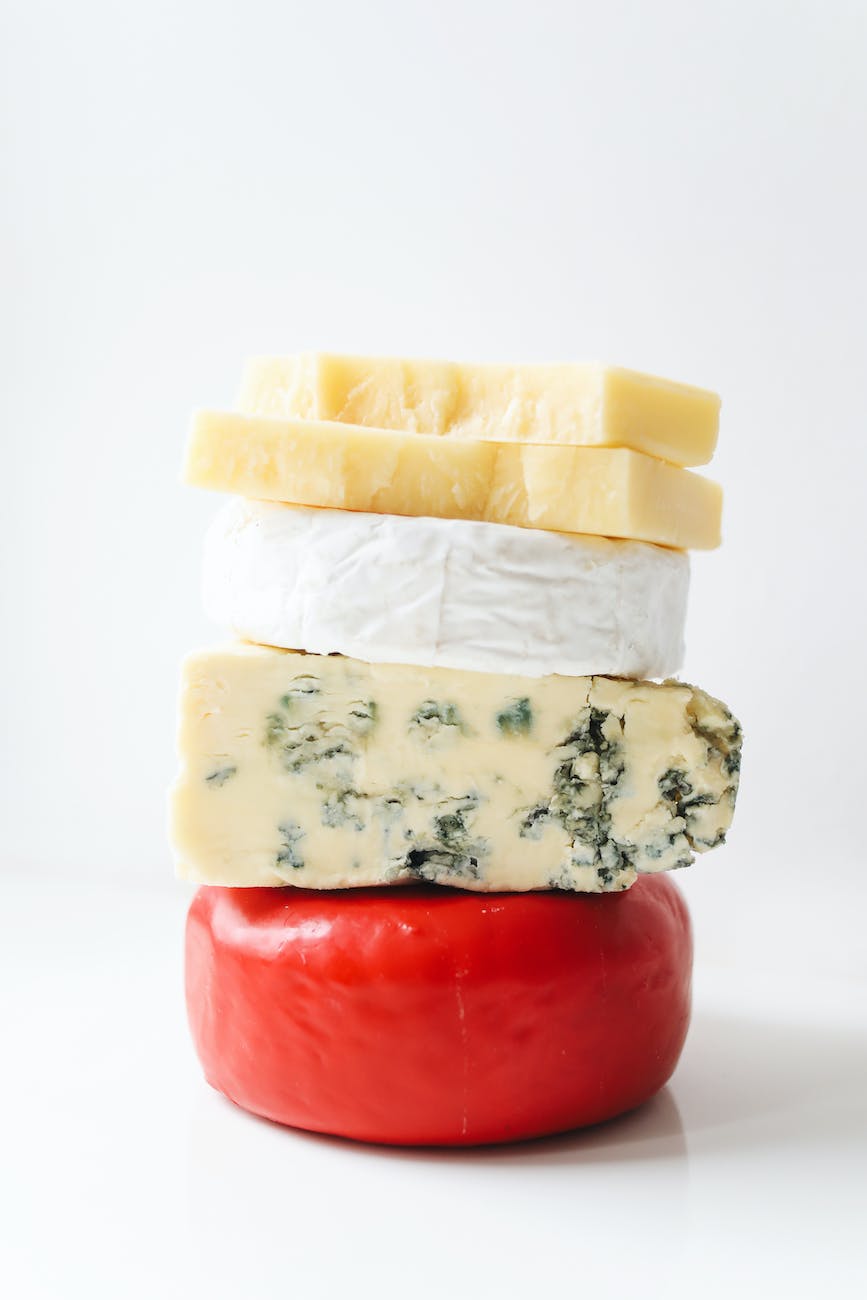
Introduction
Pregnancy brings with it a myriad of questions, especially concerning diet. Among the top queries is the safety of consuming cheese. With a plethora of varieties and often conflicting advice, clarity is essential. This guide aims to be your definitive source on cheese consumption during pregnancy, addressing every query and concern.
Table of Contents
- The Nutritional Powerhouse: Benefits of Cheese During Pregnancy
- Pasteurization Explained: The Lifeline for Safe Cheese Consumption
- The Safe Cheese Directory for Pregnancy
- Risky Cheeses: What to Think Twice About
- Answering Your Top Cheese-Related Queries
- Final Thoughts: Embracing Cheese Safely During Pregnancy
1. The Nutritional Powerhouse: Benefits of Cheese During Pregnancy
Cheese is more than just a culinary delight. It’s packed with nutrients vital for both mother and baby:
- Calcium: Essential for bone development, ensuring your baby’s skeletal system grows strong.
- Protein: A vital component for cellular growth and muscle development.
- Vitamin B12: A crucial vitamin that aids in the formation of healthy nerve cells and red blood cells.
- Healthy Fats: Beneficial for fetal brain development and providing energy for the expectant mother.
2. Pasteurization Explained: The Lifeline for Safe Cheese Consumption
Pasteurization is the process of heating food to kill harmful pathogens, ensuring it’s safe for consumption.
- The Science Behind It: By heating the cheese to a specific temperature, harmful bacteria, including listeria, are eradicated.
- Label Literacy: Always look for the term ‘pasteurized’ on cheese labels. If absent, it’s safer to avoid that particular cheese.
3. The Safe Cheese Directory for Pregnancy
Navigating the cheese aisle becomes easier when you know what’s safe:
- Hard Cheeses: Varieties like Cheddar, Swiss, and Monterey Jack are typically safe due to their low moisture content, which is inhospitable to bacteria.
- Soft Cheeses: Think Ricotta, Mascarpone, and Cream Cheese. As long as they’re made from pasteurized milk, they’re good to go.
- Processed Cheeses: These, including cheese slices and spreads, are usually made from pasteurized milk and are safe.
4. Risky Cheeses: What to Think Twice About
Some cheeses come with a higher risk factor:
- Unpasteurized Varieties: These can harbor harmful bacteria. Always double-check the label.
- Blue-Veined Cheeses: Gorgonzola, Roquefort, and other blue cheeses can be a listeria risk.
- Soft, Mold-Ripened Cheeses: Brie, Camembert, and certain goat cheeses can be problematic unless they’re pasteurized.
- Imported Cheeses: Be cautious. Some might be made from unpasteurized milk, especially if they’re from regions where pasteurization isn’t standard.
5. Answering Your Top Cheese-Related Queries
- “Can I eat feta while pregnant?”
Feta, especially if it’s pasteurized, is safe. But always check the label or ask the vendor. - “What about cheeses from farmer’s markets?”
Always inquire about pasteurization. If the vendor is unsure, it’s best to pass. - “Is melted cheese on pizza or in casseroles safe?”
Yes. Cooking cheese kills harmful bacteria, making dishes like pizza, lasagna, or cheese-topped casseroles safe. - “I love goat cheese. Can I have it?”
Soft goat cheese or those with a moldy rind should be approached with caution. If it’s pasteurized, it’s typically safe. - “What about cheeses like brie, camembert, or gorgonzola?”
These can be riskier due to their moisture content and aging process. If they’re pasteurized, they’re safer, but always consume with caution.
6. Final Thoughts: Embracing Cheese Safely During Pregnancy
Cheese, with its myriad of flavors and textures, can still be a part of your pregnancy journey. The key lies in being informed and making choices that prioritize the health of both mother and baby. When in doubt, always lean on the side of caution and consult with your healthcare provider.
By understanding the intricacies of cheese consumption during pregnancy, you can savor your favorite dairy delights without compromising safety. Remember, every pregnancy is unique, so always prioritize your health and the advice of your medical professional. Here’s to enjoying the world of cheese safely during your pregnancy journey!









